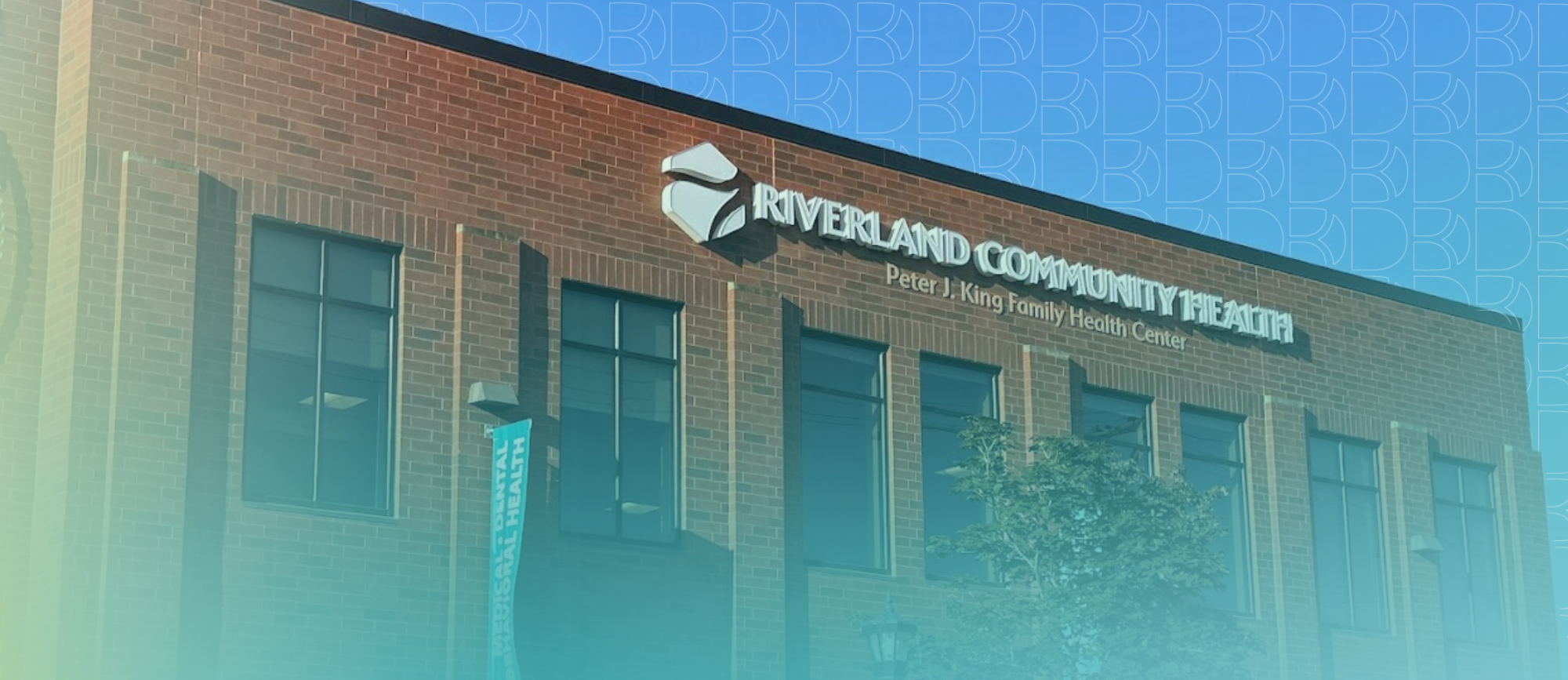As community bankers, we thrive on discussing our clients’ dreams and goals and helping them through the financial journey to achieve them. However, we understand that finances and banking may not be everyday topics for you. Additionally, talking about finances can be difficult, and financial products can be complicated to understand.
Financial literacy is defined as “the ability to understand and effectively use various financial skills, including personal financial management, budgeting, and investing.”
Having a strong sense of financial literacy can help you manage your money and plan your financial future because, let’s face it, someday we don’t want to have to work anymore.
So, let’s break down the basics of financial literacy into five principles: earn, save & invest, protect, spend and borrow to help you build your better future.
Earn
The money you earn, i.e., your paycheck, is powerful. It gives you the ability to participate in the economy by saving, investing, spending, and borrowing money.
To make the most of the money you earn, you should understand and review the components of your paycheck, i.e., deductions, withholdings, benefits, etc.
While it may seem counterintuitive, taking advantage of all the credits, deductions, and employer matching benefits can help maximize your money management and better prepare your financial future, even though it may decrease your paycheck amount.
Save & Invest
Saving money regularly is an essential component of financial literacy. Having a dedicated savings account at a financial institution is a great way to set money aside for your future or unexpected expenses.
One way to start getting into the savings mindset is to pay yourself first by thinking of your savings as a monthly expense, similar to your rent, mortgage, or utilities.
 Pro Tip: Many financial institutions will have tools available through online or mobile banking that will allow you to set up automatic transfers to your savings account, so you don’t have to remember to pay yourself first.
Pro Tip: Many financial institutions will have tools available through online or mobile banking that will allow you to set up automatic transfers to your savings account, so you don’t have to remember to pay yourself first.
Once you have gotten into the savings mindset, start thinking about your savings in short-term and long-term goals. Utilizing investment and financial professionals can help plan your long-term goals, like retirement. Remember, it is never too early to start planning and thinking about your retirement goals.
Protect
In today’s world, we protect everything we earn and own – your money should be no different.
As you start adapting to a savings mindset, you are protecting yourself by building up your savings for unexpecting situations or emergencies where you may need cash fast.
Additionally, regularly monitoring your accounts and transactions for fraudulent transactions is vital for protecting your financial wellbeing. Keeping sensitive personal information secure – usernames, passwords, account information, social security number, etc. – is also essential and can help protect against identity theft.
Additionally, be aware of scams and offers that seem too good to be true or are suspicious.
 Pro Tip: Improve your knowledge of scam and fraud red flags by taking the Banks Never Ask That quiz.
Pro Tip: Improve your knowledge of scam and fraud red flags by taking the Banks Never Ask That quiz.
Spend
I think it’s safe to say we all like spending money; it’s why we work as hard as we do to earn it, right? However, budgeting and spending your money wisely is vital. I’m not saying you can’t ever spend money on fun things, but you should understand what money you have and owe before you do.
Setting a budget can seem daunting – our partners at Lutheran Social Services Financial Counseling Financial Choice can help guide you through this process. Clients of Drake Bank get six sessions for free, which can include setting up your budget. No matter how you develop your budget, it is essential to stick with it.
Additionally, spend your money smartly – compare prices, products, and stores to ensure you are getting the most for your money.
Borrow
Borrowing money for major purchases like an education, a car, your home, and sometimes unexpected expenses is okay and normal. Being financially savvy in the other fundamental principles can help you have the ability to get a loan based on your credit and financial history.
Financial institutions offer a variety of loans for different purposes. Meet with your banker to discuss your options, and before you get a loan, make sure you understand the terms and conditions. What will your interest rate and monthly payments be? Can you afford to pay them back on time?
Similar to developing a budget for your spending, you should keep track of your loans and make payments on time, as it can help build your credit score.
The five principles of financial literacy will look different for each person’s financial journey. To learn more financial literacy tips on the five principles from the Federal Financial Literacy and Education Commission.






